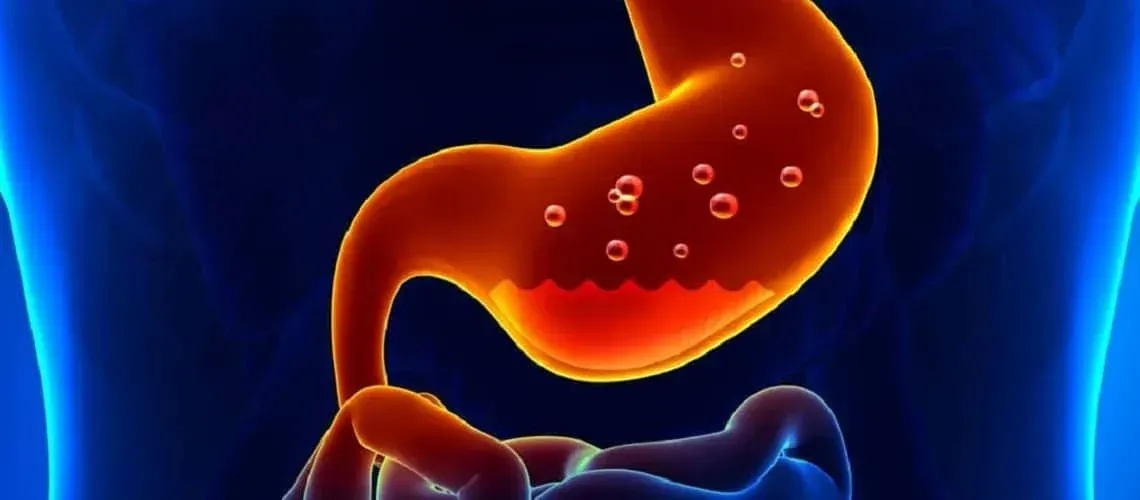Advancements in GERD Research: Exploring Gastroenterology Clinical Trials
Gastroesophageal reflux
disease (GERD) is a prevalent digestive disorder that impacts millions of individuals worldwide, characterized by symptoms such as heartburn, regurgitation, and chest pain. In this article, we delve into the realm of GERD research, focusing on the pivotal role of Gastroenterology Clinical Trials in advancing our understanding and treatment of this condition. From investigating best practices and innovative approaches in clinical gastroenterology to participating in San Diego clinical trials for GERD, we explore the latest developments in managing GERD through research initiatives.
Join us on a journey through the world of gastroenterology research to gain insights into the evolving landscape of GERD care.
Understanding GERD: Stages, Symptoms, and Diet Recommendations:
GERD progresses through different stages, each presenting distinct symptoms and challenges for individuals. From mild heartburn to severe complications like Barrett's esophagus, understanding the stages of GERD is crucial for tailored treatment approaches. Additionally, adhering to a GERD-friendly diet list, including foods that alleviate symptoms and minimize reflux, plays a key role in managing the condition and improving quality of life.
The Significance of Gastroenterology Clinical Research in GERD Treatment:
Gastroenterology Clinical Research plays a vital role in shaping the future of GERD management by exploring new therapies, diagnostic tools, and treatment modalities. Participation in clinical trials not only provides access to cutting-edge treatments but also contributes to the advancement of medical knowledge in gastroenterology. Through research initiatives, clinicians can identify best practices and innovative strategies to enhance the care and outcomes of individuals with GERD.
Exploring Best Practices and Research in Clinical Gastroenterology:
The field of gastroenterology is constantly evolving, with ongoing research focusing on improving diagnostic techniques, treatment efficacy, and patient outcomes in GERD. By staying abreast of the latest research findings and best practices in clinical gastroenterology, healthcare providers can offer evidence-based care that is tailored to the individual needs of GERD patients. Collaboration between researchers, clinicians, and patients is essential in driving progress and innovation in GERD management.
San Diego Clinical Trials: Pioneering Advances in GERD Management:
San Diego serves as a hub for pioneering clinical trials that are at the forefront of revolutionizing GERD management. By partnering with leading experts and leveraging state-of-the-art technologies, clinical trials in San Diego offer individuals the opportunity to explore novel treatment modalities, improve symptom control, and enhance their quality of life. Participation in clinical trials empowers patients to be at the forefront of medical advancements in GERD care.
In conclusion, the field of Gastroenterology Clinical Research is instrumental in driving innovation and progress in GERD management through cutting-edge treatments, diagnostic tools, and research initiatives. By staying informed about the stages, symptoms, and dietary recommendations for GERD, participating in clinical trials, and embracing best practices in clinical gastroenterology, individuals can take proactive steps towards effectively managing their condition and enhancing their quality of life.
¡FREE LABS!
EVERY FRIDAY 8 AM - 9:30 AM
Or call us to make an appointment
No need to fast
No long waits
inmediate exam results
Lipid panel • Liver function test • Glucose levels to screen for diabetes • Body mass index • Hemoglobin measurement to rule out anemia • Blood pressure • Glycosylated hemoglobin to monitor and confirm diabetes • Electrocardiogram • Ultrasound to detect liver fibrosis • Dietetic education

BLOG








